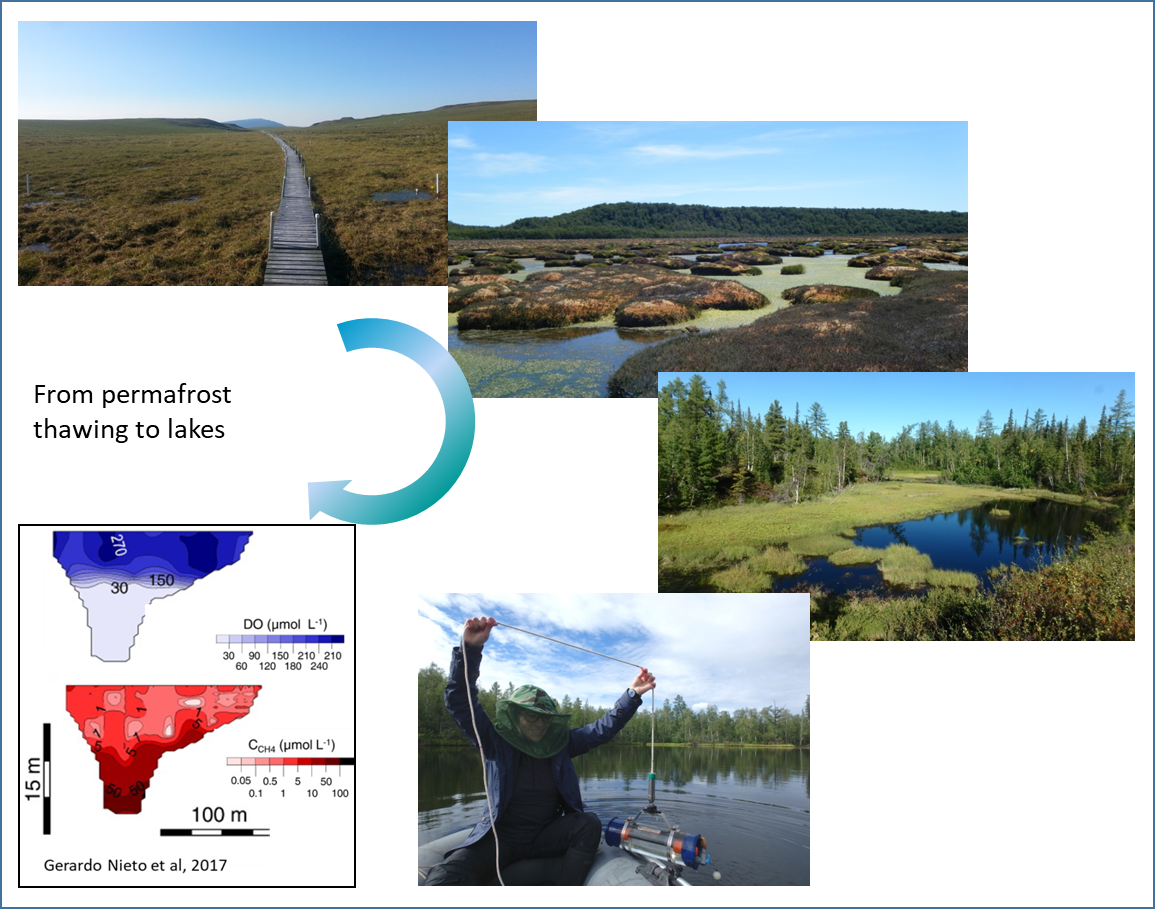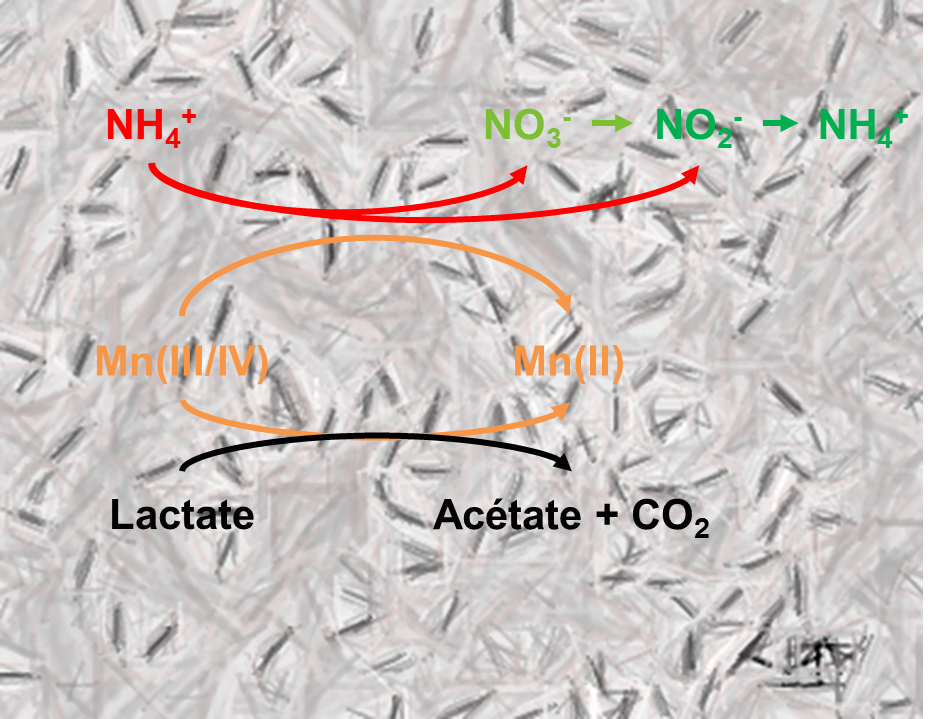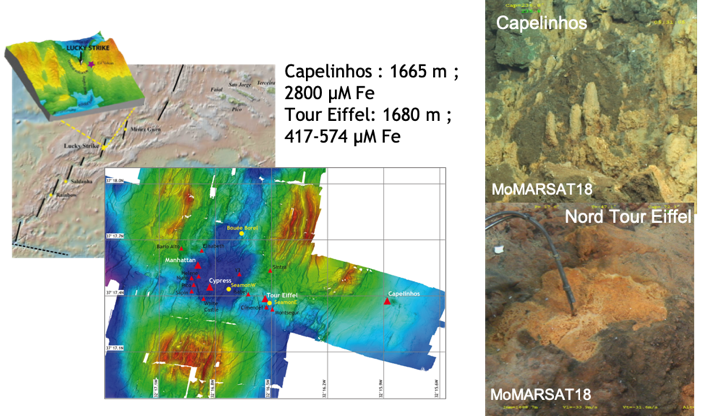Microbial metabolism involved in biogeochemical cycles and their coupling in the context of global change
Moderator: Valerie Michotey
The team has extensive experience in the microbial ecology of anaerobic environments, particularly with regard to the C, S and N cycles. Our current objective is to focus on the couplings and interactions between these cycles in the context of global change and, more specifically, the onset of episodes of hypoxia.
Particular attention is paid to :
- the inter-relationships between nitrogen cycles and those of metals (anaerobic nitrification coupled with the Mn or Fe-ammox cycle), sulphur (H2S oxidation and nitrate reduction) or methane (anaerobic CH4 oxidation and nitrate/sulphate reduction).
- the impact of anaerobic metabolisms (sulphate reduction and methanogenesis) on the mercury cycle (methylation/demethylation) through active collaboration with the marine environmental chemistry team.
The originality of our approach consists in coupling C, N and S fluxes with the measurement of the bacterial metabolic activities responsible for these fluxes and the structure of the associated communities. The metabolisms identified on the basis of analytical expertise both in situ and in controlled microcosms are confirmed at molecular level using genomics and transcriptomics. New metabolic pathways are elucidated using physiological and post-genomic approaches on model strains isolated from previously studied environments.
Examples of studies
Methane cycle

Study of the methane cycle (production and oxidation) in Arctic and sub-Antarctic ecosystems exposed to climate change: measurement of emission flows, profiles of dissolved methane concentrations, characterisation of the microbial players involved (methanogenes and methanotrophes, aerobic and anaerobic).
The diversity and activity of methanogenic and methanotrophic microorganisms are analysed both in situ (particularly in ecosystems subject to climate change, such as permafrost, Arctic/Antarctic wetlands and tropical reservoirs) and in microcosms, in response to temperature variations. This microbial characterisation is coupled with a geochemical assessment of the fluxes and profiles of dissolved methane and CO2, in order to assess their impact on the regulation of greenhouse gas emissions.
Nitrogen cycle

Our project focuses on aerobic/anaerobic interfaces and on the development of hypoxic episodes. We are particularly interested in recently discovered unconventional processes (comammox) and the coupling between the N cycle and those of metals (Mn/Fe) and S or methane.
Iron cycle

The dynamics of ferro-oxidising bacteria (FeOB) within microbial mats rich in iron oxides as a function of environmental conditions and their variations, will enable us to understand their role in the formation of these mats and how they impact the geochemical cycles of iron, carbon, nitrogen and, to a lesser extent, methane and sulphur.




